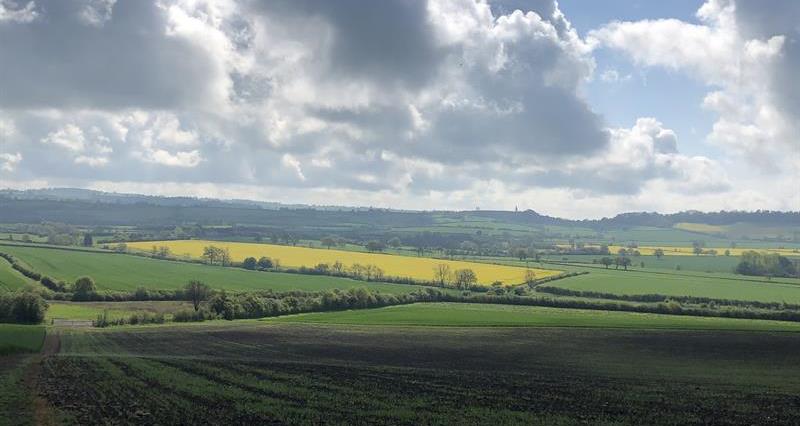It recognises that:
- land is both a source and a sink of greenhouse gas emissions;
- the consumption of food, feed, fibre, timber and energy have caused unprecedented rates of land and freshwater use but that improved agricultural and forestry productivity have supported consumption and food availability for a growing population.
The report highlights that climate change is already affecting all four pillars of food security and that the stability of food supply is projected to decrease as more extreme weather leads to greater disruption of food supply chains. On the subject of consumption, the balanced approach continues. It says:
“Balanced diets featuring plant-based foods, such as coarse grains, legumes, fruits and vegetables, and animal-sourced food produced sustainably in low greenhouse gas emission systems, present major opportunities for adaptation and mitigation”
A range of practices are identified which can reduce greenhouse gas emissions and help farmers and growers be better prepared for climate impacts including improved fertiliser and manure management, use of varieties and genetic improvements of crops and livestock and increasing soil organic matter where possible. It also notes that reductions in the greenhouse gas emissions footprint of livestock products can also lead to absolute emissions in greenhouse gas emissions
Phil Jarvis, Environment Forum chair said:
“The work of the Environment Forum is all about balance which is why we’re always on the look-out for practical measures which tick the range of environmental and productivity boxes. It’s pleasing that the report recognises that many land-based measures like cover crops have the potential to provide multiple benefits”
The report is clear that better land management can contribute to tackling climate change but there are limits to the role it can play; and it is not the only solution. Reducing greenhouse gas emissions from all sectors is essential if global warming is to be kept to well below 2ºC, if not 1.5oC.
Mr Jarvis added: “The IPCC says that good outcomes will depend on locally appropriate policies and governance systems. We would agree that the complexity of the climate challenge ahead means that we need a mix of policies rather than single policy approaches. We want to see all government departments step up and support our net zero aspiration and ensure that we can better prepare our own farm businesses and help biodiversity and society adapt to a changing climate.”
See also:
What is the IPCC?
The Intergovernmental Panel on Climate Change (IPCC) is the UN body for assessing the science related to climate change. This report was prepared by 107 experts from 52 countries. It included over 7,000 cited references and considered a total of 28,275 expert and government review comments.
